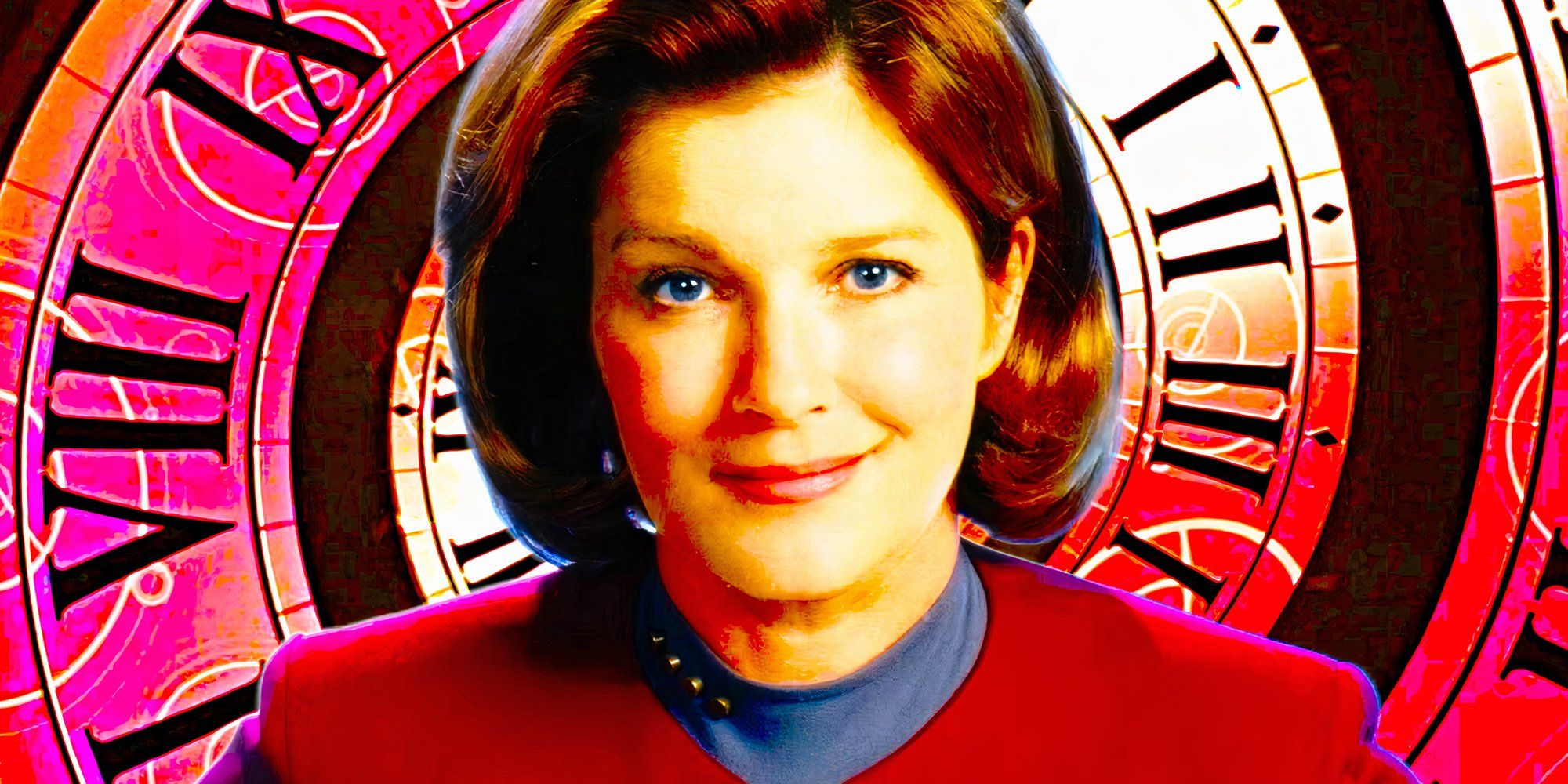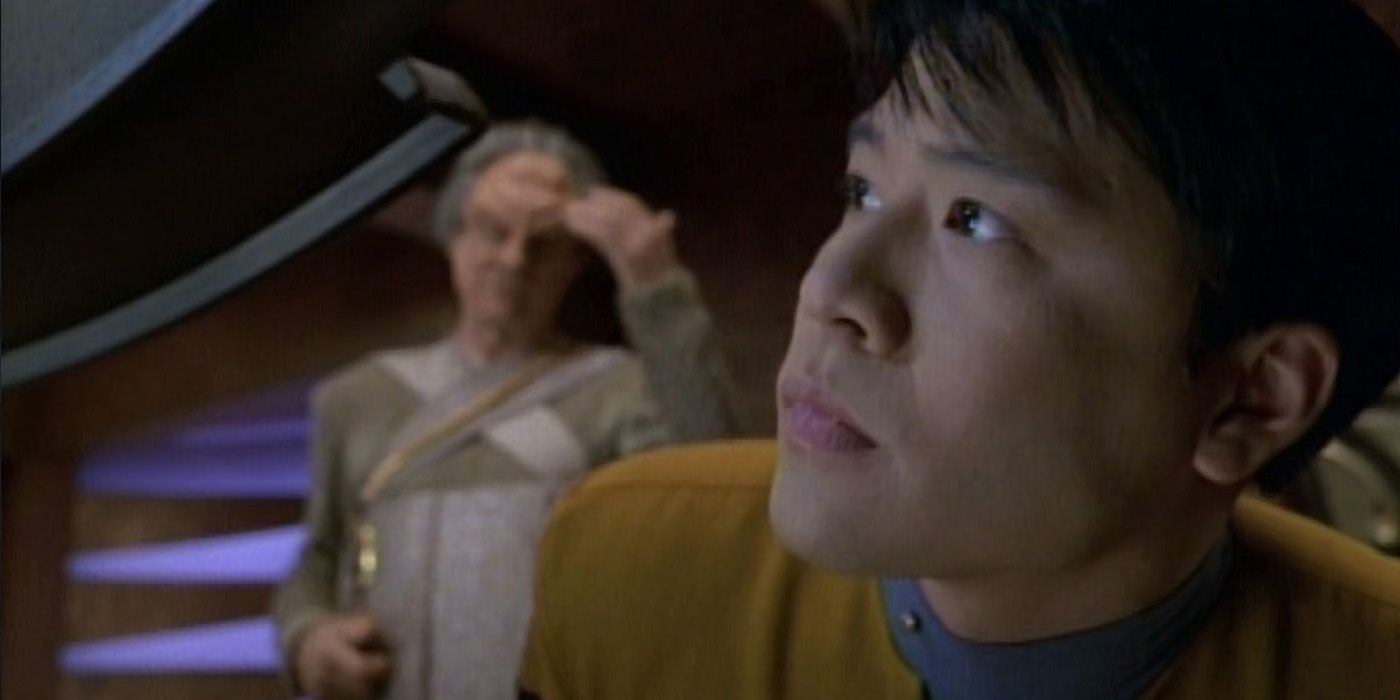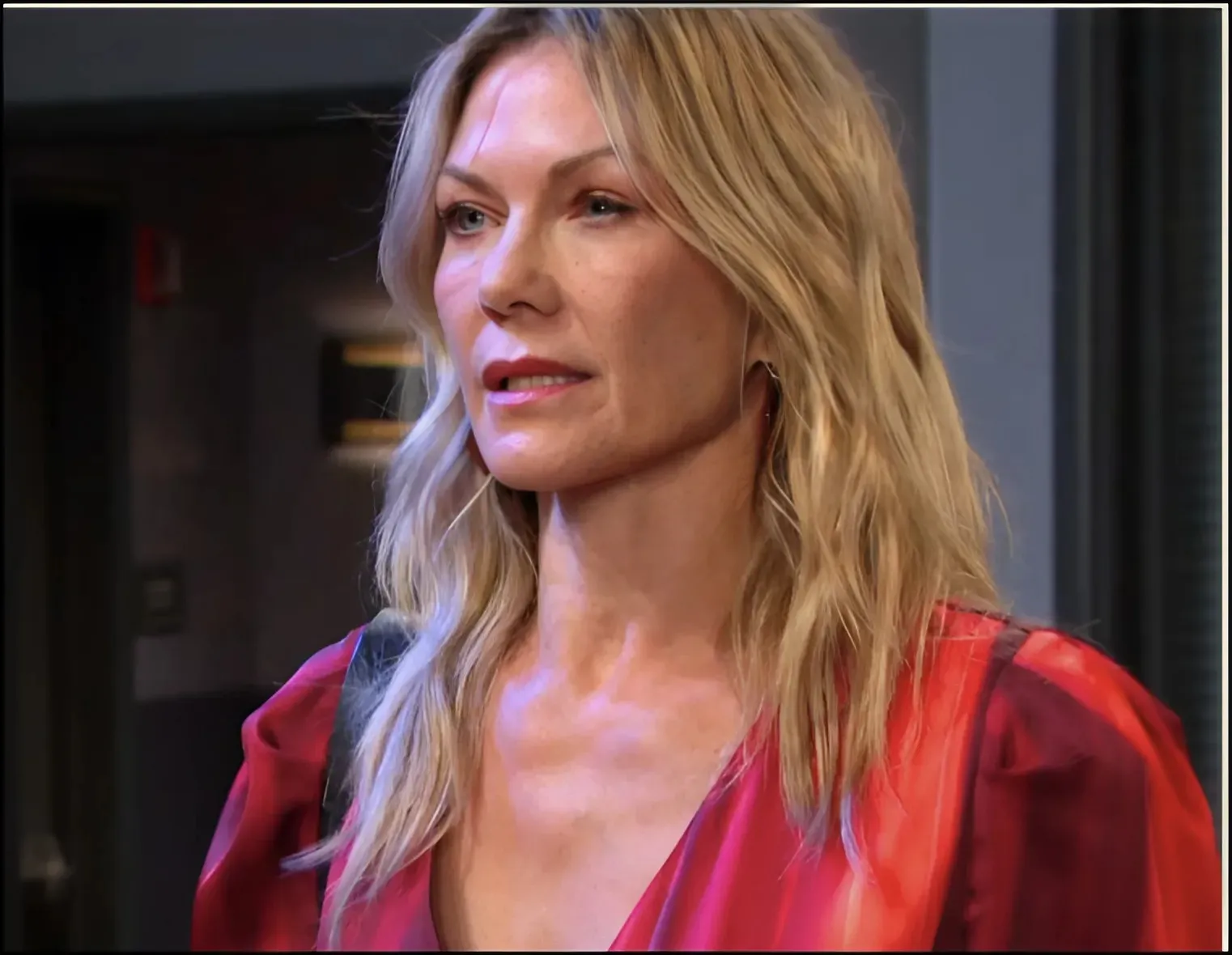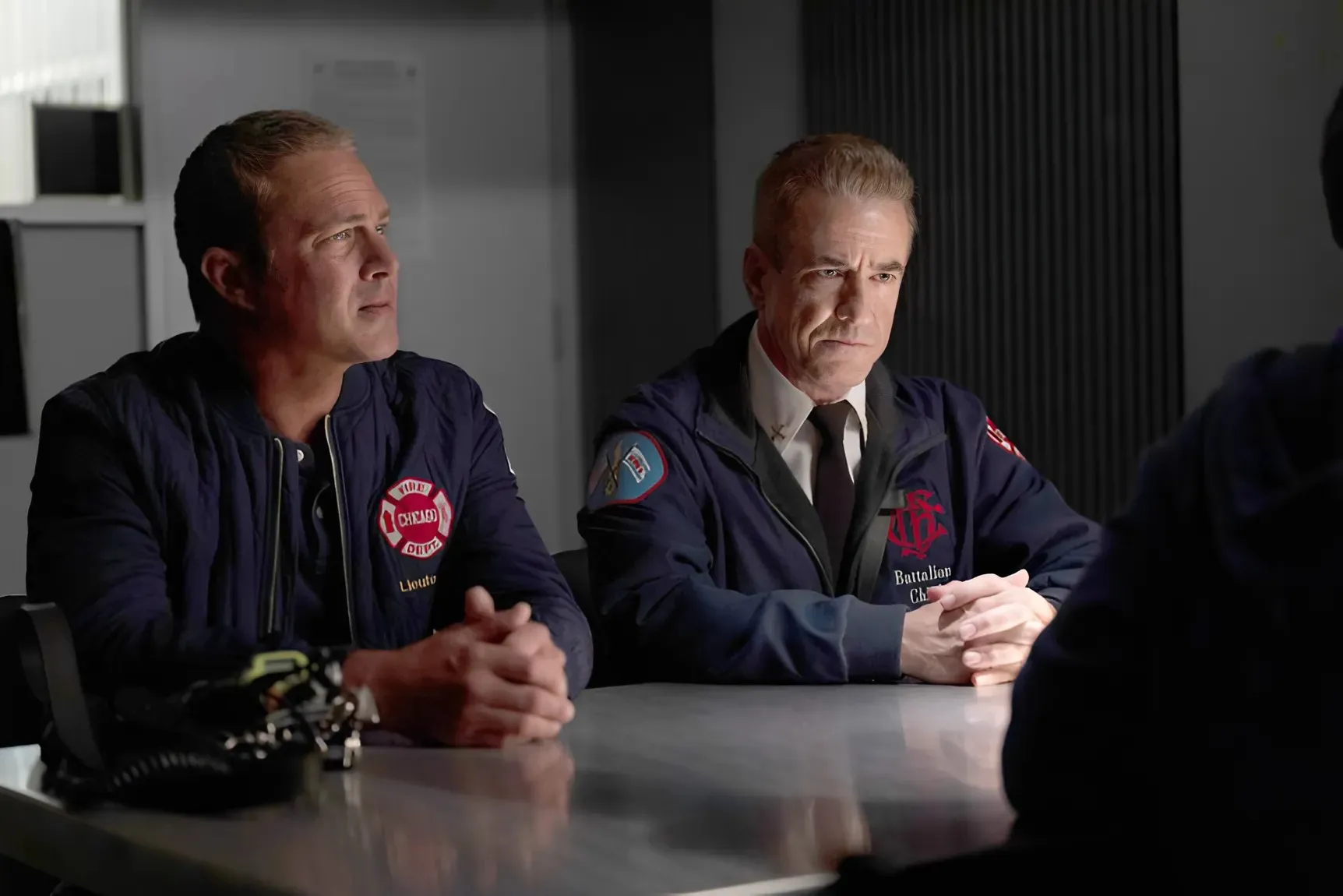Based on the argument that Star Trek: Voyager doesn't actually get good until Seven of Nine (Jeri Ryan) shows up, I've seen recommendations that you can skip the first few seasons of Star Trek: Voyager entirely, but I'd argue against that. Voyager's best early episodes are often whole-cast endeavors that show the USS Voyager crew learning to work together as a competent team, before the Starfleet-Maquis conflict conceit was dropped. Amid the solid character studies and interesting sci-fi premises in Star Trek: Voyager season 1, there are also a few entries you can skip without missing much.
3Star Trek: Voyager Season 1, Episode 4 - "Time and Again"
It's The Voyager Episode That Skips Itself, So You Can Too
Star Trek: Voyager season 1, episode 4, "Time and Again", is actually an episode that manages to skip itself. When the USS Voyager goes down to investigate an ecological disaster on a pre-warp civilization, Captain Kathryn Janeway (Kate Mulgrew) and Lieutenant Tom Paris (Robert Duncan McNeill) are pulled back in time to before the disaster occurred. It turns out the USS Voyager's presence is what caused the accident in the first place, so reaching through subspace to warn the future makes it so that they never beam down at all. Crisis—and episode—averted.
"Time and Again" is the kind of time-twisting adventure that Star Trek: Voyager would go on more frequently than almost any other Star Trek show. The idea of Voyager hitting the ultimate reset button to undo an entire episode happens later, in Star Trek: Voyager's two-part episode in season 4, "Year of Hell". But "Year of Hell" succeeds because it makes Janeway's desperation more palpable, whereas "Time and Again" fractures into too many subplots for any of them to have a strong emotional resolution.
This skippable Star Trek: Voyager episode still gets points from me for its weirdly uniform and oddly specific fashion choices. If only colorful unisex corsets became more of a thing in civilian Star Trek fashion after this episode, but alas ... the Prime Directive must go both ways.
"Time and Again" might have become required viewing if Star Trek: Voyager had followed through with its initial plan to set up Paris and Janeway as a couple, because there are definitely hints of that pairing here. Instead, the most important thing in "Time and Again" is Kes (Jennifer Lien) trying to figure out her newly emerging Ocampa psychic powers, but Kes gets only a fraction of time to explore her powers before that storyline—and this whole episode—disappears into the ether.
2Star Trek: Voyager Season 1, Episode 9 - "Emanations"
Harry Kim Could Have Had A Whole Spiritual Journey, But No
If you're looking for a Harry Kim-centric episode that focuses on death and grieving, a better option would be Star Trek: Voyager season 6, episode 18, "Ashes to Ashes".
Early Star Trek: Voyager circles thematically around death, and with good reason: the USS Voyager crew are separated from their expected lives, so they have to undergo a grieving process to come to terms with their current situation. "Emanations" could have worked better if it had addressed Voyager's death metaphor, instead of Harry's ineffective back-and-forth with the Vhnori, who can't actually help each other. And if Kim had grown more as a character, "Emanations" might have been the episode we could look back on to see how far Harry progressed, but Star Trek: Voyager never gives Harry Kim his due.
1Star Trek: Voyager Season 1, Episode 12 - "Cathexis"
Star Trek: Voyager's Weirdest Mystery Doesn't Make Sense
Star Trek: Voyager season 1, episode 12, "Cathexis", is the most skippable episode of Voyager's first season. It's a mystery episode that doesn't have enough clues to follow along with the investigation, but that might be because the answer only required one clue at all. You're either onto what's going on from the very start, when Commander Chakotay (Robert Beltran) and Lieutenant Tuvok (Tim Russ) are first rescued from a shuttle accident; or you're completely lost until the end, when the identity of the mysterious, non-coroporeal "alien" is revealed to be Chakotay's disembodied consciousness.
"Cathexis" also suffers from its core conceit—and its singular, glaring clue—having roots in a misrepresentation of Chakotay's Indigenous spirituality.















